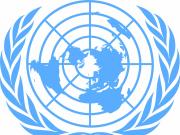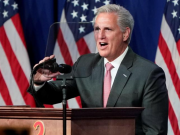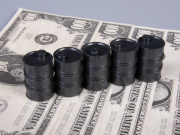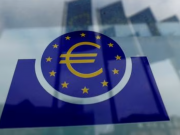Relations between China and Australia have gone sour since the latter joined other nations in demanding an independent probe into the origins of the Coronavirus pandemic. That has angered China, which has unleashed an economic assault on Australia through various probes. On Monday, August 31, it hit the Australian wine business with an anti-subsidy probe that could harm the business.
The investigation has to be concluded within a year or by February 2022 under special circumstances. However, this is not the first time China has hit Australia's wine export. Two weeks ago, Beijing ordered an "anti-dumping" inquiry.
China is Australia's Biggest Partner
China is Australia's biggest exporting partner with around $103 billion business in 2019. Australia's economy also heavily relies on China as it accounts for 40 percent of total exports. When it comes to wine, Australia exports around $1.25 billion worth every year that is about 43 percent.
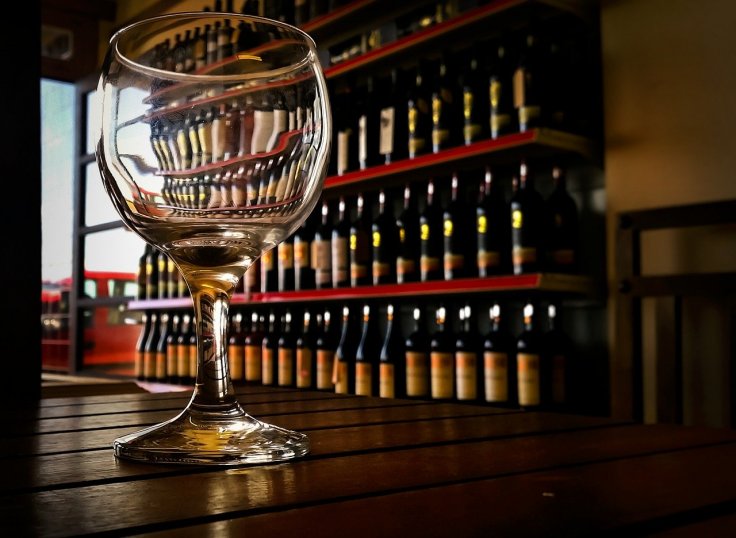
China's Ministry of Commerce in an online statement said the anti-subsidy investigation began on August 31 after China Wine Industry Association made a request saying that wine imports were subsidized by the Australian government. The probe will primarily focus on "wines in containers holding 2 liters or less."
Furthermore, the Chinese Commerce Ministry will also investigate 37 subsidized products that Australian government grants to its wine industry including "business growth funding projects," "farm financing loan scheme" and "farm risk management." Australia has denied both allegations.
Australian Trade Minister Simon Birmingham said the probe was "broadly foreshadowed" after China initiated the anti-dumping investigation. He added that the government will work Australia's "internationally renowned industry to mount the strongest possible case against the claims."
"China is an important market for Australian wine and our wine is in demand from Chinese consumers. We strongly refute claims that initiatives like the Murray-Darling Basin Economic Development Program, or programs that support research and development equate to a subsidy of our wine exports," Birmingham said in a statement.
The $39 million economic development program that China said was a subsidy from the government is aimed at supporting communities and businesses that are affected by severe drought and water recovery.
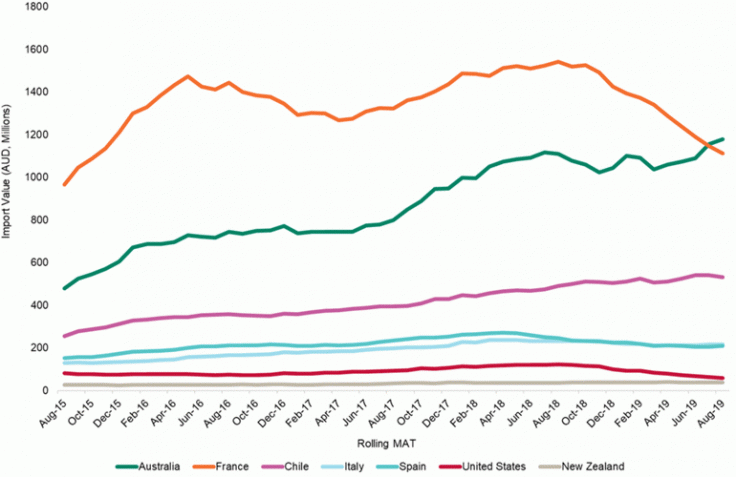
Series of Anti-Australia Policies
Since Australia joined 130 other countries demanding an independent probe into the Coronavirus origins, China has retaliated with a series of inquiries and hikes in tariffs. With the country already in recession after its economy shrank by eight percent due to COVID-19 measures that included border closure and lockdowns.
In May 2020 China hit Australia's barley exports with an 80.5 percent tariffs following an anti-dumping and anti-subsidy investigation. Beijing followed it up with suspending Australian beef imports while also advising Chinese students against traveling to the country. Many Asian and Chinese born individuals faced racist attacks in Australia. In addition, China sentenced an Australian man to death for alleged drug smuggling.
As for its wine industry, it's a severe blow as it has been plagued with a slower demand due to global lockdowns. Apart from that, drought and unprecedented bushfires have also damaged the wine industry. The bushfire smoke tainted the vineyards leading to lower demand.
Tony Battaglene, Chief Executive of Australian Grape and Wine, earlier said China's investigations were politically motivated and also a protectionist action. He said that he expected the second investigation but "completely" rejected the claim about subsidies.
"It alluded to back when they announced the anti-dumping investigation, that they would also do countervailing duties, so we knew it was coming. We don't think we get subsidies and we don't think there's a case to answer," he told Sydney Morning Herald.





